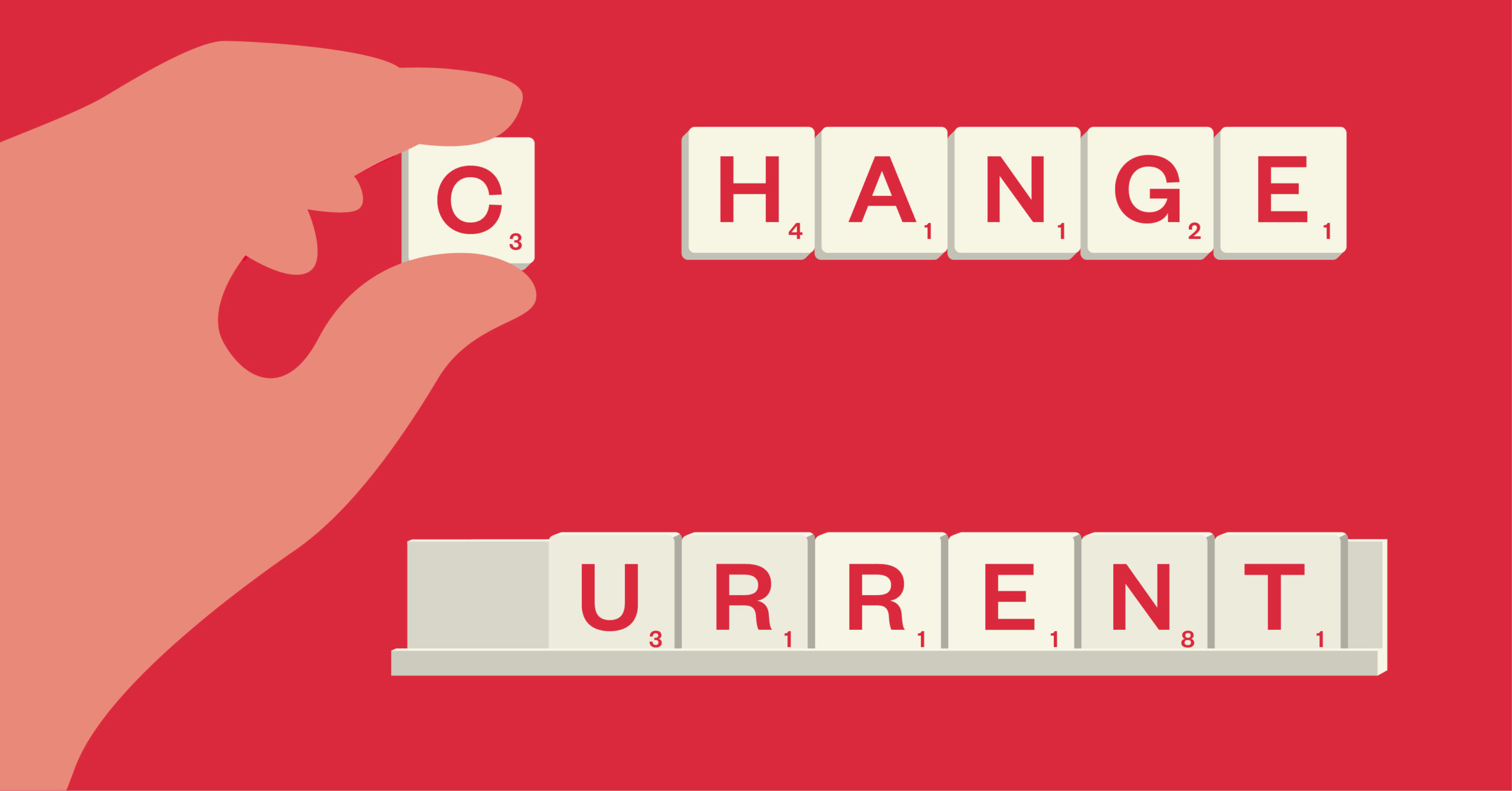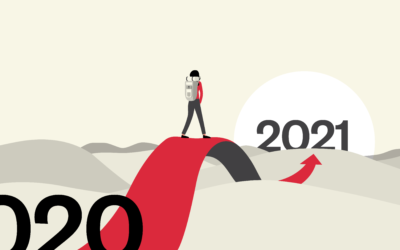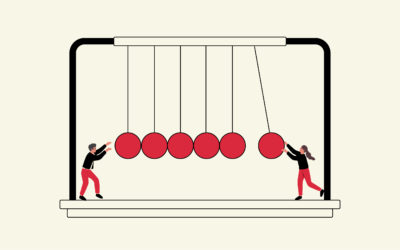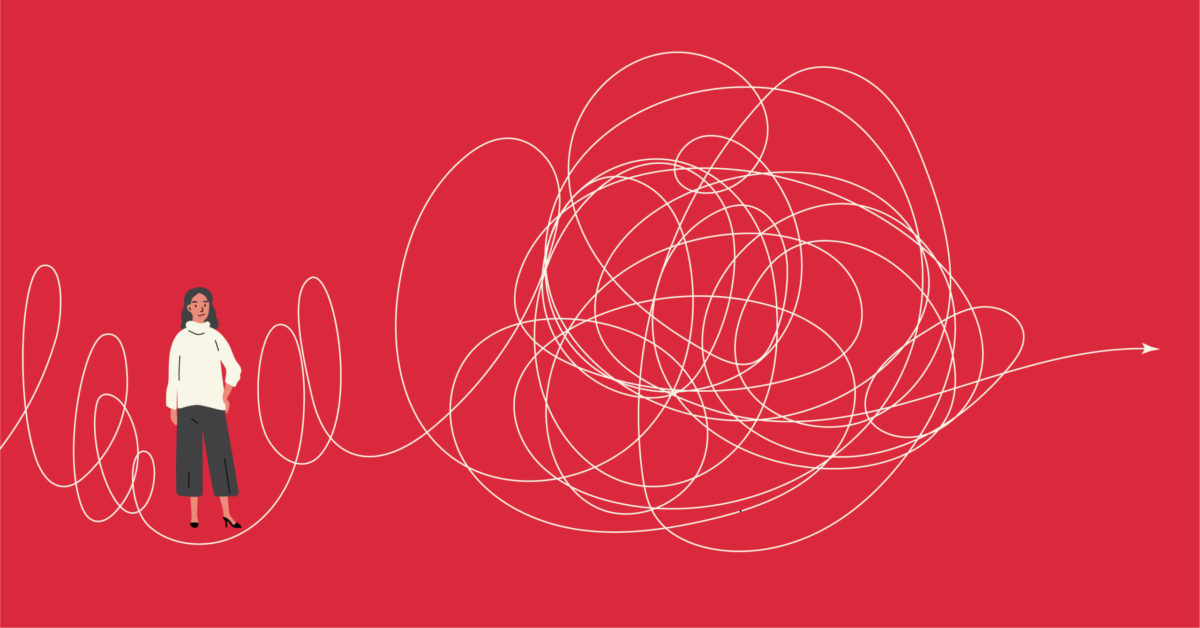Covid-19 has fostered a spirit of change that’s only now starting to emerge.
I don’t mean the scrambling to create remote workplaces or the cross-disciplinary teams formed to manage the crisis – although that in itself was impressive. New Zealand is right to congratulate itself on the initial response to the outbreak. Many organisations have pivoted to a new reality. There’s a readiness to shift, to be agile.
What I’m seeing now, however, is more profound. And it’s exciting. We’re starting to reimagine – to think more substantively about who we are, our purpose, how we create value and how else could we operate.
It’s not just Covid that’s driving this. There are other, underlying trends. Like Covid itself, impacting more seriously on those with underlying conditions or disadvantage, the crisis has revealed existing weaknesses. Some of these are in business models, such as a dependency on one customer or one kind of customer. Tourism comes to mind. Other weaknesses are a reliance on a handful of decision-makers, creating bottlenecks. Some organisations have been revealed as indecisive or bureaucratic.
In the past, these weaknesses were hidden. But, as the saying goes, you don’t know who’s swimming naked until the tide goes out. Covid is that ebbing tide.
There are other changes afoot. Technology is collapsing the old boundaries between client and provider. For example, our willingness to use the Covid tracer app is only as good as the app’s functionality and our trust in its design in terms of protection of our data. Gone are the days of command and control – the social contract is now based on utility and ironically trust. Relationships between organisations and their users are more transactional than ever and more interdependent.
Change is also happening in government. Systems are under review in health, education, infrastructure, finance and the environment. Big pieces of legislation from the 80s are being replaced, including the RMA, Tomorrows Schools and laws on euthanasia and marijuana.
And brooding over all this flux is the great singularity of climate change. We simply cannot go back to business as usual – the changing ecosystem won’t allow it.
Stop, look, listen
I believe these changes are giving us permission to stop and think. It’s more than just a pause to glance in the mirror – it’s a long, hard look.
I’m seeing this manifest in a variety of ways. Clients are looking for greater diversity in points of view; they’re inviting strategic reviews based on genuine interest in facilitation and hard questions. On a national scale I think there’s a much greater sense of the collective, not just our narrow self-interests. Look at the way we’ve embraced the lockdown without the level of social protest we see in other countries.
Businesspeople are asking themselves how they move from success to significance. For example, the UN Sustainable Development Goals are finally being incorporated into corporate strategy.
What does this mean for leaders and managers?
First, don’t just look in the mirror. This is a rare moment to open doors and talk to people different from you, not the usual suspects. Create a process that nudges you into new conversations and seeks fresh input. For example, we are now incredibly fortunate to meet in person. Use the gift of physical meetings to assemble interesting people in a guided discussion. Don’t just return to the office as usual.
Second, look for new metaphors. In times of stability the imperatives are words like smarter, efficiency and optimisation. The result usually is cost cutting. But we’re not in normal times. No one is suggesting being fiscally imprudent but mere cost-cutting will not deliver the scale of the change asked.
Some people have started to use the phrase ‘build back better’. I don’t think this quite captures it either. It implies renovation, but this is about reimagination.
Recently I worked with a client based in Whakatane on what’s their next. It gave me the chance to learn about their place It is a story of leaders, whanau and businesses creating new opportunities and lives by seeing what was not yet there – a settlement where there was only land and water, farms where there were only wet lands, a visitor economy where there had only been extraction. Before anything happened, they imagined what’s not yet there.
I believe New Zealand is in a similar space. Let’s imagine what’s not yet there, inspired by the essence of our purpose at our best.
Let’s make our actions worthy. Seize this moment.




0 Comments